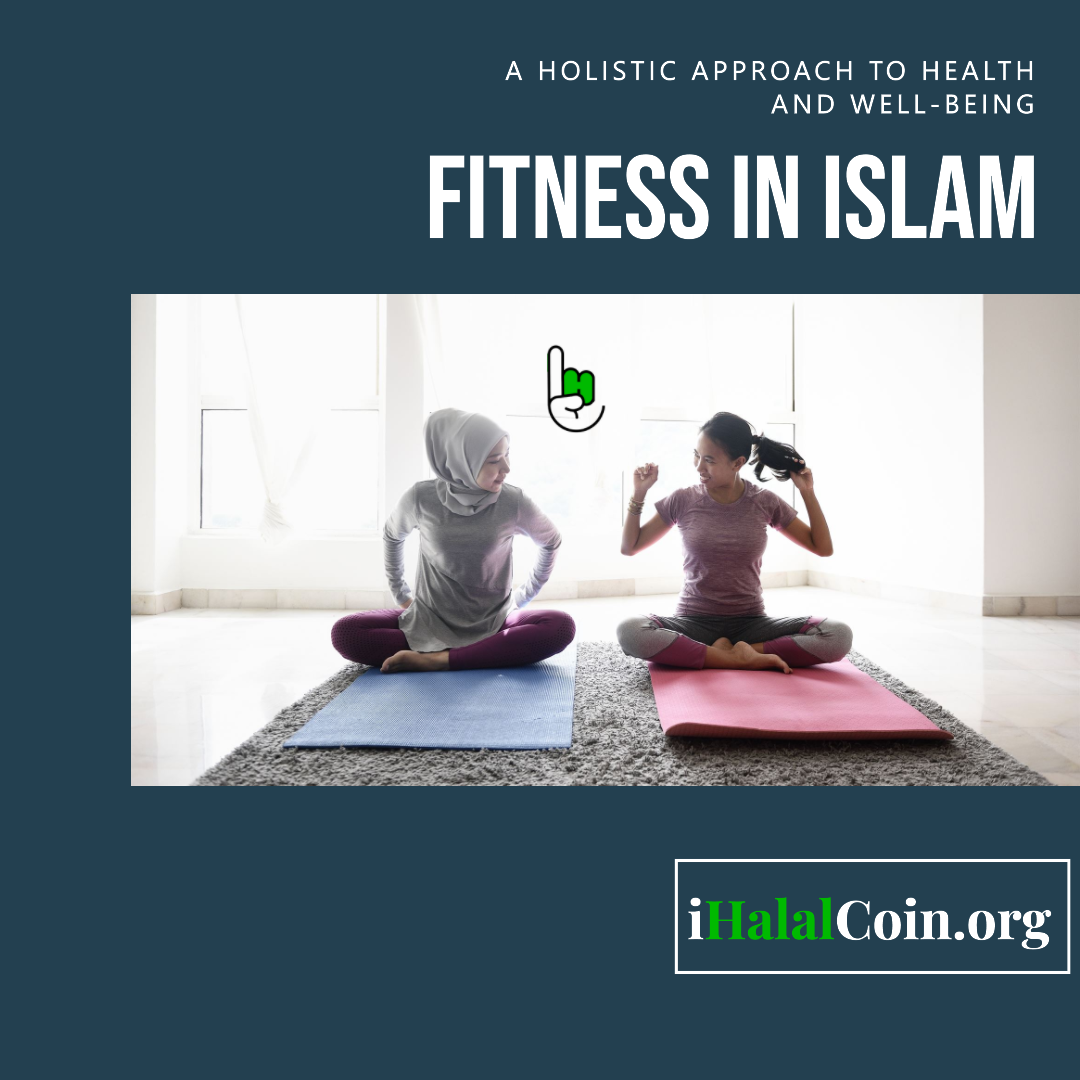Islam, a comprehensive way of life, addresses all aspects of human existence, including physical health and fitness. The religion encourages a balanced lifestyle, emphasizing both spiritual and physical well-being. This article will delve into the Islamic perspective on physical fitness, its significance, and how it intertwines with spiritual health.
The Concept of Fitness in Islam
Fitness in Islam is not merely about physical strength or aesthetics; it is about maintaining a healthy body to fulfill religious obligations effectively and lead a productive life. The Prophet Muhammad (PBUH) said, “A strong believer is better and more beloved to Allah than a weaker one”[1]. This strength refers not only to physical power but also to spiritual, mental, and emotional resilience.
Holistic Fitness in Islam: Physical Health and Spiritual Growth
Islam promotes a holistic approach to fitness, considering the interconnectedness of physical health, mental well-being, emotional stability, and spiritual growth. It encourages maintaining a healthy body, but it does not make it the ultimate goal in life[2]. Instead, physical health serves as a means to achieve higher spiritual goals.
The Role of Physical Fitness in Worship
Physical fitness in Islam is closely linked to worship. Acts of worship such as prayer, fasting, and Hajj require a certain level of physical health and endurance. For instance, the five daily prayers involve physical movements like standing, bowing, and prostrating, which can be seen as a form of exercise that Muslims engage in daily[3].

Fasting and Fitness in Islam: The Ramadan Experience
During the month of Ramadan, Muslims fast from dawn to sunset, abstaining from food and drink. This practice has numerous health benefits, including weight loss, improved blood sugar control, and enhanced cardiovascular health [4]. However, the primary purpose of fasting is spiritual purification, demonstrating the interplay between physical fitness and spirituality in Islam.
Emulating Prophet Muhammad’s (PBUH) Active Lifestyle
Prophet Muhammad (PBUH) himself led a physically active lifestyle, participating in various physical activities of his time. He was known for his brisk walking, hard work, and participation in activities like horse racing, wrestling, and running competitions [5]. These examples highlight the importance of regular physical activity and fitness in Islam.
The Islamic Guidelines on Healthy Eating
Islam also provides guidelines on healthy eating, which is crucial for physical fitness. The Quran instructs, “O you who have true faith! Eat from the Earth, that which is permissible (Halal) and pure (Tayyib)…” [6]. This verse emphasizes the consumption of food that is not only permissible according to Islamic law but also pure, wholesome, and nutritious.
Moderation in Eating: A Prophetic Advice
The Prophet Muhammad (PBUH) also advised moderation in eating. He said, “The worst pot a human being fills is his stomach” [7]. Overeating can lead to various health problems, including obesity, heart disease, and diabetes. Therefore, Islam promotes a balanced diet and discourages overeating.
Conclusion
In conclusion, Islam promotes a holistic approach to fitness, encompassing physical health, mental well-being, emotional stability, and spiritual growth. It encourages maintaining a healthy body, not as an end in itself, but as a means to fulfill religious obligations, lead a productive life, and achieve spiritual growth.

